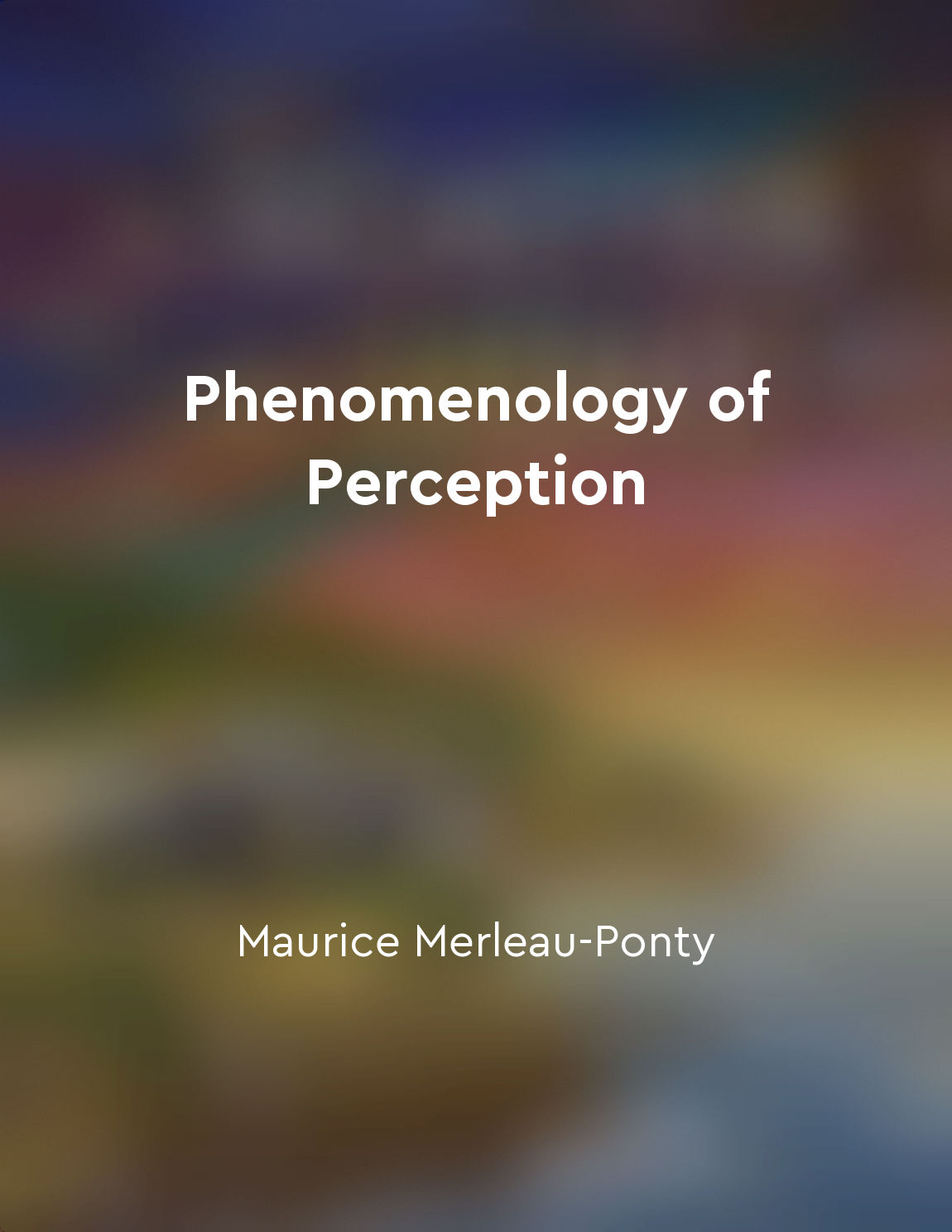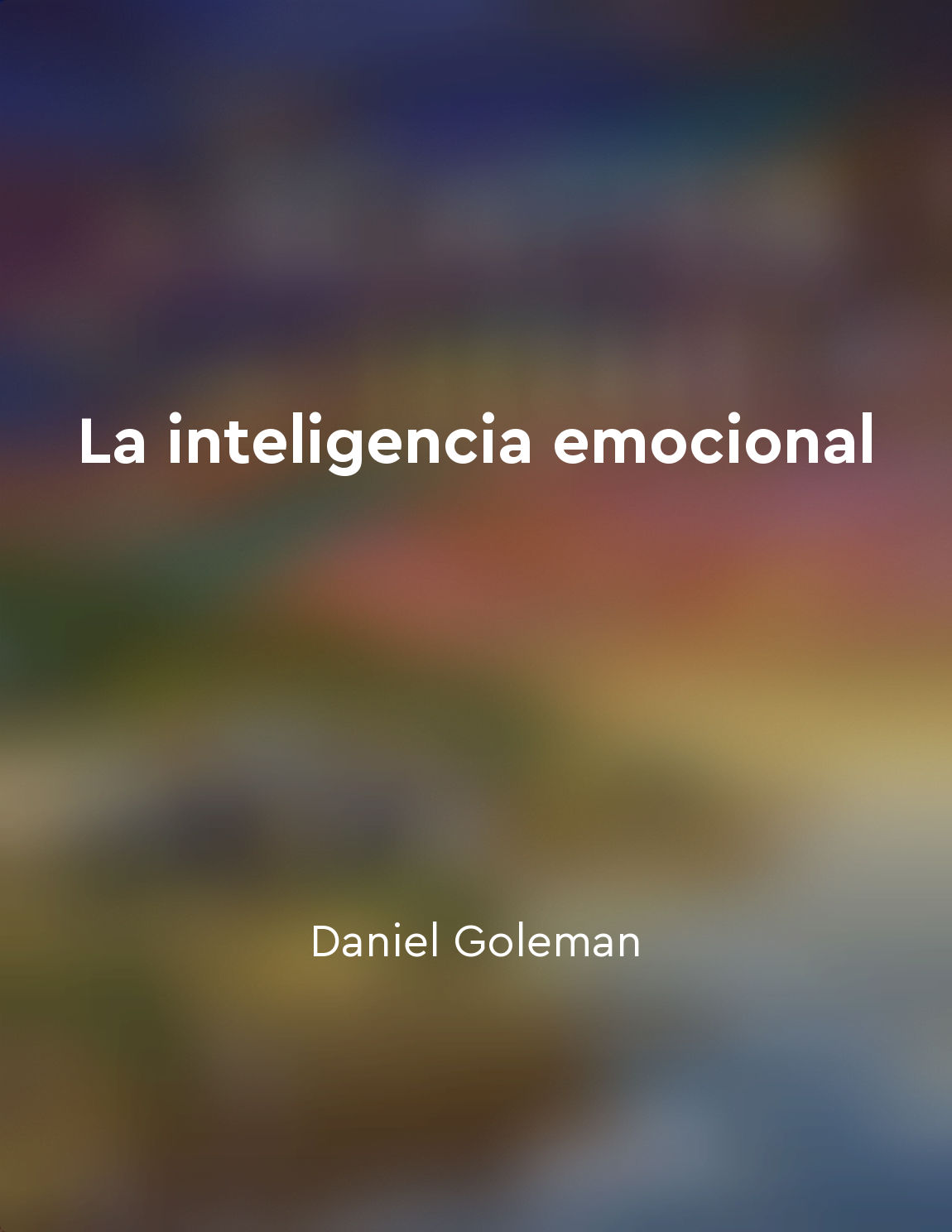Philosophy explores human nature from "summary" of How the World Thinks by Julian Baggini
The exploration of human nature is at the heart of philosophy. It is a fundamental question that has been pondered by philosophers throughout history. What does it mean to be human? What is our true essence? These are the types of questions that philosophy seeks to answer. By delving into the complexities of human nature, philosophers aim to gain a deeper understanding of ourselves and our place in the world. One way in which philosophy explores human nature is by examining the nature of consciousness. This is a particularly challenging question, as consciousness is a deeply subjective experience. Philosophers grapple with the nature of consciousness, asking whether it is purely a physical phenomenon or if there is a non-physical aspect to it. By exploring these questions, philosophers hope to uncover the essence of what it means to be cons...Similar Posts
Romanticism values emotional intensity
In the realm of Romanticism, emotional intensity is highly valued as a source of inspiration and authenticity. Emotions are see...
Understanding moral psychology is crucial for societal progress
In order to make progress in society, it is imperative that we delve into the realm of moral psychology. By understanding the i...
Socialization begins at an early age
The process of socialization begins when we are just infants. Even before we can speak, we are absorbing information from the w...
Custom and habit influence human actions
Custom and habit play a significant role in shaping human behavior. These two factors are deeply ingrained in our daily lives, ...
Embracing imperfections leads to selfacceptance
The idea that we must embrace our imperfections in order to attain self-acceptance is a central theme explored in the book. May...
Material conditions shape human consciousness
The material conditions in which individuals find themselves play a crucial role in shaping their consciousness. This means tha...
Awareness of our cognitive limitations can help us make better choices
Our minds are not as reliable as we often believe them to be. We tend to overestimate our abilities to process information accu...

The body is a source of existential depth and richness
The body is not just a physical entity; it is a source of existential depth and richness. It is through our bodies that we expe...

Learning from mistakes
In every error and misstep lies the potential for growth and self-improvement. It is through our mistakes that we gain wisdom a...

Emotional selfregulation leads to better stress management
Emotional self-regulation is a crucial skill that influences how we handle stress. When we are able to regulate our emotions ef...
